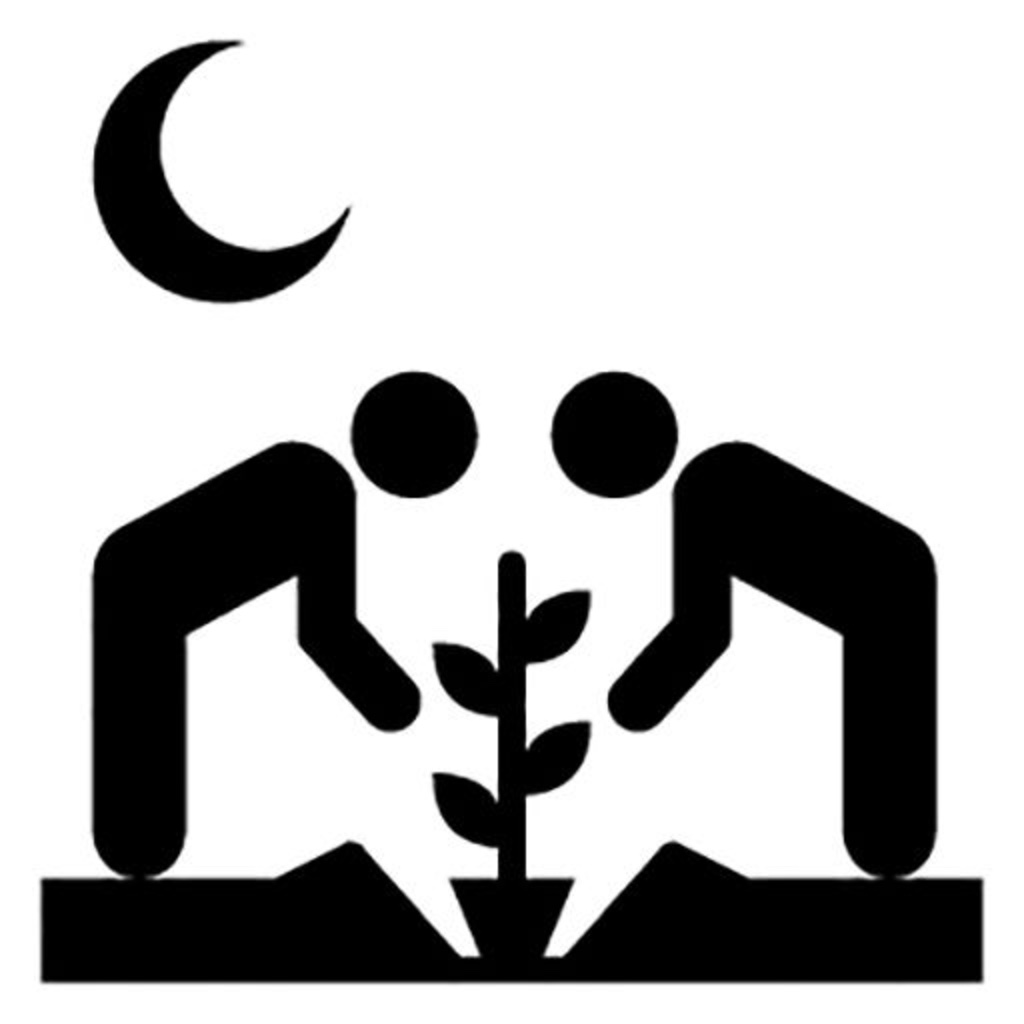Shade Gardening

- Publisher: Sutro Media
- Genre: Lifestyle
- Released: 9 Jun, 2014
- Size: 13.2 MB
- Price: $2.99
 Click here to request a review of this app
Click here to request a review of this app
- App Store Info
Description
••• Shade Garden: What, Why, How. •••Although most humans (and plants) require sunlight for good health, shade can be a welcome relief. It is soothing and cooling, tempering the heat, glare and ultra violet rays that a fierce sun can inflict. However, when discussing shade, the term can be confusing, especially in its effect on plants. Less than 6 hours of direct sunlight can be considered too shady for good growth among many flowers and vegetables. But if those six hours occur at the beginning or end of the day and miss the peak daylight hours around noon, then even 6 hours of direct sunlight can produce disappointing results for plants that require sunny conditions such as melons. Indeed, at the University of North Carolina, Raleigh (in a light laboratory funded by the tobacco industry), experiments have shown that less than 1% difference in light intensity can make a 100% difference in plant growth. That means that out in the garden the removal of a single tree limb can mean the difference between flowers or no flowers on marigolds, or fruit and no fruits on a tomato plant. Similarly, painting a dark wall white, or laying down a white mulch of landscape chips can reflect enough light onto plants to allow them totolerate a lightly shaded location.
Of course there are plants that can tolerate more shade than others, and when we are dealing with a shaded location it’s useful to not only know what plants are considered suitable for shade, but also different degrees of shade since many kinds of shade exist in gardens, from light shade (where many sun-loving plants might do reasonably well) to deep shade where even shade-loving plants like English ivy, hostas and impatiens might not survive. In addition to light shade (for example, that which is produced by a sparse leaf canopy) and deep shade (which you will encounter under the dense, spreading branches of evergreen conifers like pine trees) there is morning shade, noon shade, afternoon shade, also moist shade and dry shade.
••• About the Author •••
Derek Fell is a prolific garden writer, with more than 100 garden books to his name, plus hundreds of contributions to such prestigious publications as Architectural Digest, the New York Times magazine, Better Homes & Gardens, Hemispheres, Connoisseur Collections, Fine Gardening, Horticulture and the Royal Horticultural Society’s magazine, The Gardener. He cultivates two properties – one at Cedaridge Farm, in Bucks County, Pennsylvania (a zone 6 garden that freezes in winter suitable for temperate plants) and on Sanibel Island, Florida (a zone 10 frost-free garden suitable for tropical plants). He cultivates extensive shade gardens in both locations. Fell not only uses both gardens as an outdoor studio to photograph plants and design ideas, the gardens serve as test plots to evaluate varieties and different gardening techniques, such as fertilizing and pest control. As a consequence of more than 50 years experience writing about horticulture, Fell has won more awards from the Garden Writers Association than any other person. He is not only the publisher and editor-in-chief of
••• About Sutro Media •••
This guide is published in partnership with Sutro Media. By enabling local writers to share their expertise on mobile phones, Sutro Media is making it easier and more fun to explore the world!
If you have any problems, comments, or suggestions for improvement, we'd love to hear from you - [email protected]
























